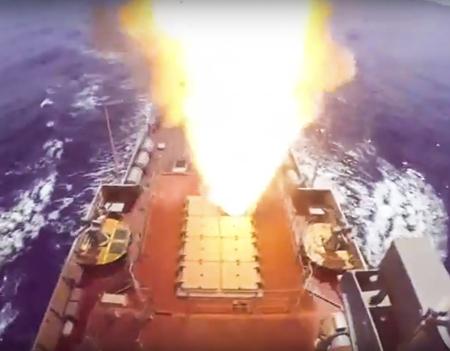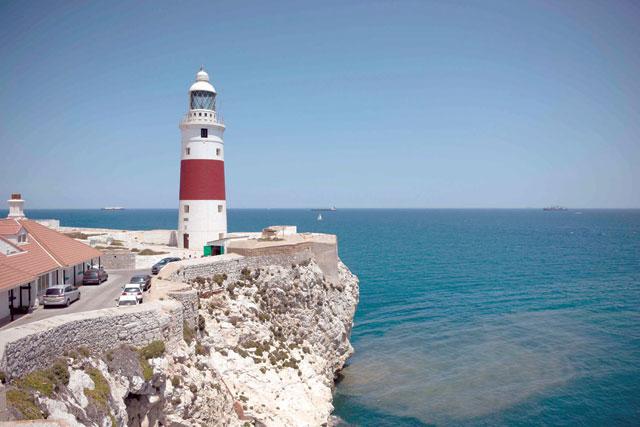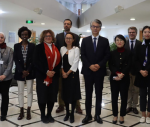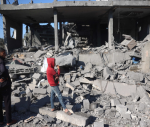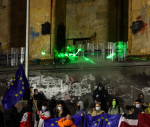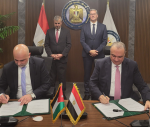You are here
Iran-EU relations enter key stage — EU parliament chief
By AFP - Nov 07,2015 - Last updated at Nov 07,2015
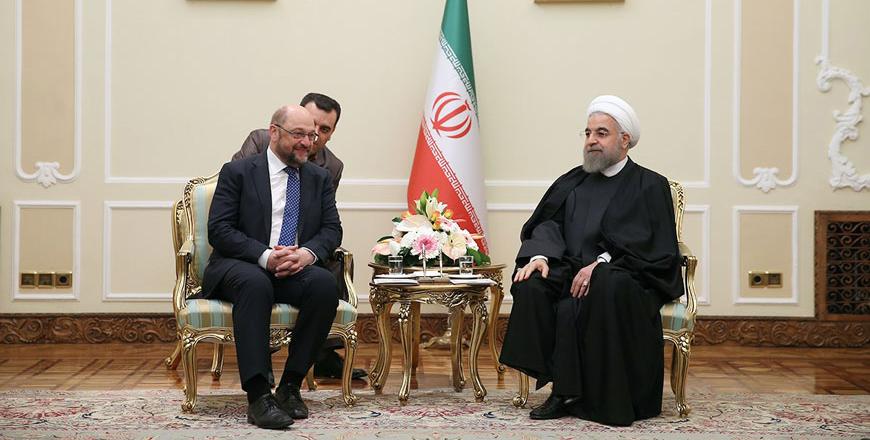
A handout photo provided by the office of Iranian President Hassan Rouhani shows him meeting with EU Parliament President Martin Schulz (left) in Tehran on Saturday (AFP photo/HO/Iranian Presidency)
TEHRAN — Relations between Iran and the European Union are at a "determining stage" after Tehran's landmark nuclear deal with world powers in July, European Parliament chief Martin Schulz said on Saturday.
"We are now at the implementation stage of this agreement and at the end of this stage a door can be opened for economic cooperation and positive economic development," he said at a news conference in Tehran with Iranian counterpart Ali Larijani.
The European Union last month announced it had adopted the legal framework to lift its sanctions against Iran, once Tehran has curbed its nuclear activities.
The EU announcement came shortly after President Barack Obama ordered the US government to also take steps towards lifting sanctions on Iran.
The EU and US sanctions have proved very damaging, locking up billions in Iranian assets overseas and starving the oil-dependent economy of crucially needed technology and investment.
Schulz was in Tehran on a one-day visit at the invitation of the Iranian parliament, the first by a head of the European Parliament.
He also said Iran played a "key role" in regional stability, especially in Syria.
He made the same point after meeting President Hassan Rouhani.
"The Islamic Republic of Iran is an element of stability in a region full of instability," Schulz said.
"As a result of terrorism in Syria we are facing an influx of refugees in Europe. Right now our main and common goal is fighting Daesh," he said.
Iran joined talks with world powers on Syria for the first time in Vienna last month in a drive to end the more than four-year conflict. The Syrian regime and the opposition were not represented.
Both Iran and Russia support Syrian President Bashar Assad's regime, while Western powers have pushed for the leader to step down.
But on Saturday, Larijani said "reducing critical problems in the region to a person is a strategic mistake".
Russia in late September launched air strikes in Syria. Moscow says its strikes target Daesh militants and other "terrorists", but the opposition accuses Russia of focusing on moderate and Islamist rebels.
"A plan should be devised to create a region free of criminal terrorist movements," Larijani said.
Related Articles
TEHRAN, Iran — Iran’s parliament on Tuesday pushed back against the military after it appeared to dismiss civilian oversight following Russi
TEHRAN — Top EU diplomat Josep Borrell on Monday held talks in the Iranian capital on a mission aimed at lowering tensions over the Islamic
GIBRALTAR — Iran on Thursday condemned the "illegal interception" of one of its oil tankers in Gibraltar where authorities said they suspect


